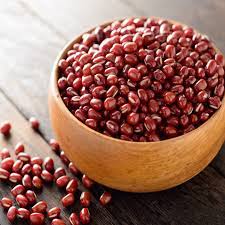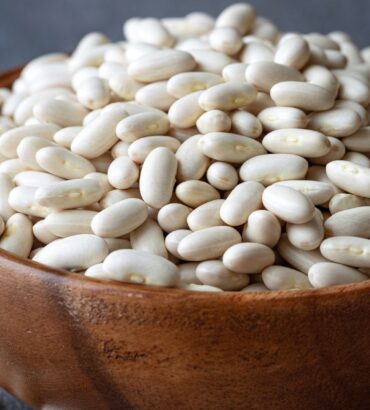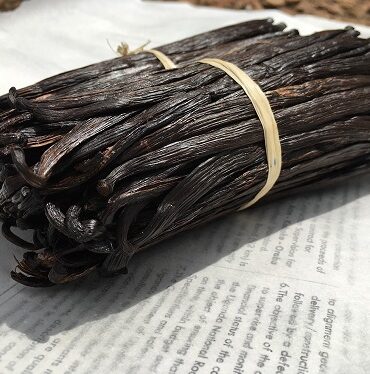Nutritional breakdown
Peanuts are most healthful when they are in their raw form.
Peanuts are an especially good source of healthful fats, protein, and fiber. They also contain plenty of potassium, phosphorous, magnesium, and B vitamins. Despite being high in calories, peanuts are nutrient-rich and low in carbohydrates.
According to the United States Department of Agriculture (USDA), 100 grams of raw peanutsTrusted Source contain 567 calories and the following nutrients in grams (g), milligrams (mg), or micrograms (mcg):
| macronutrients | protein carbohydrate fiber sugars |
25.8 g 16.13 g 8.5 g 4.72 g |
| fats | monounsaturated fats polyunsaturated fats saturated fats |
24.43 g 15.56 g 6.28 g |
| minerals | potassium phosphorous magnesium calcium sodium iron zinc |
705 mg 376 mg 168 mg 92 mg 18 mg 4.58 mg 3.27 mg |
| vitamins | vitamin B-3 (niacin) vitamin E (alpha-tocopherol) vitamin B-1 (thiamine) vitamin B-6 (pyridoxine) riboflavin (vitamin B-2) folate (vitamin B-9) |
12.07 mg 8.33 mg 0.64 mg 0.35 mg 0.14 mg 240 mcg |
The mixture of healthful fats, protein, and fiber in peanuts means they provide nutritional benefits and make a person feel fuller for longer. This makes peanuts a healthful, go-to snack when people compare them with chips, crackers, and other simple carbohydrate foods







There are no reviews yet.